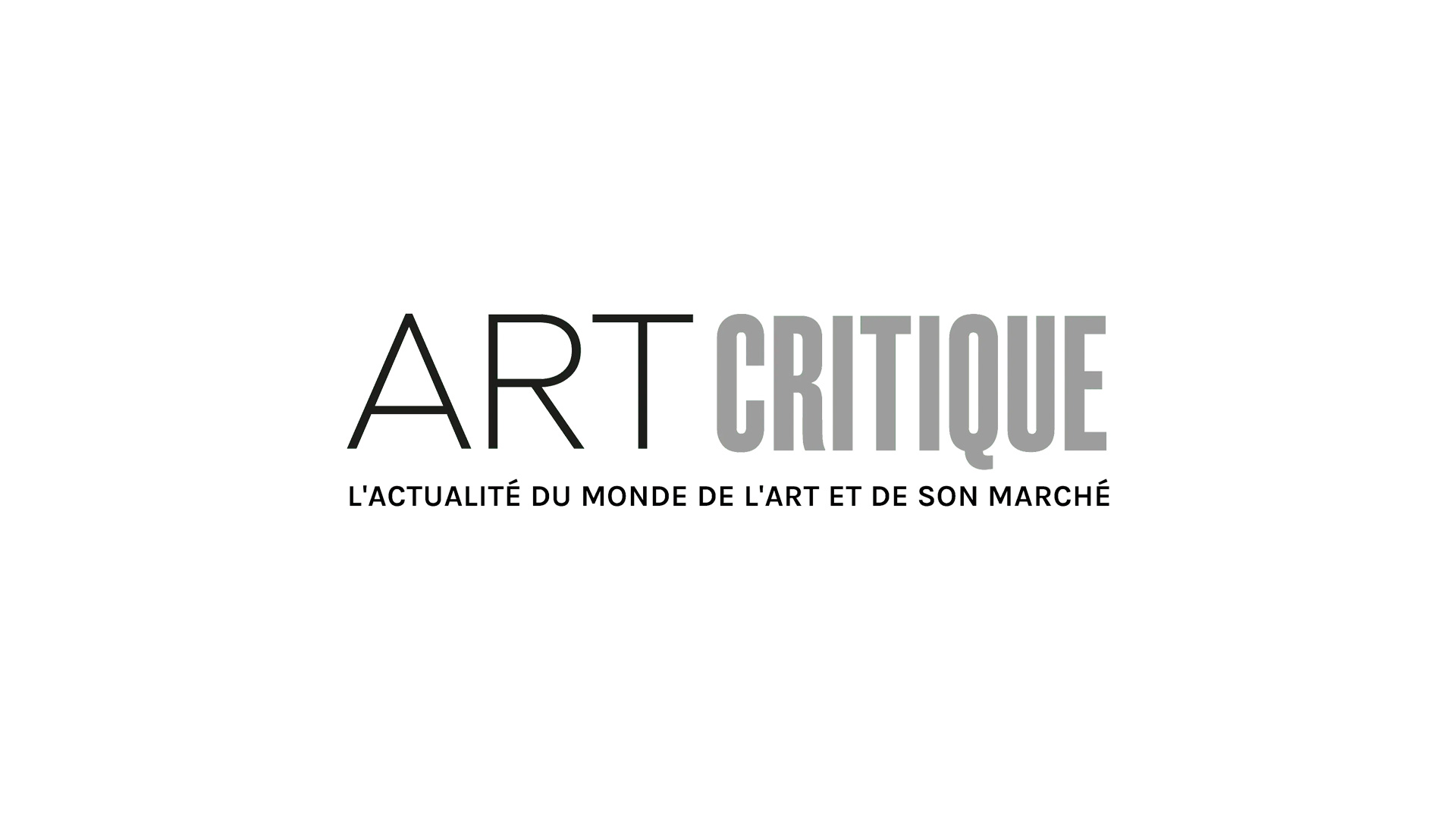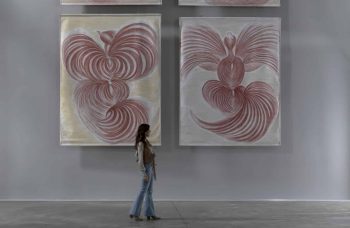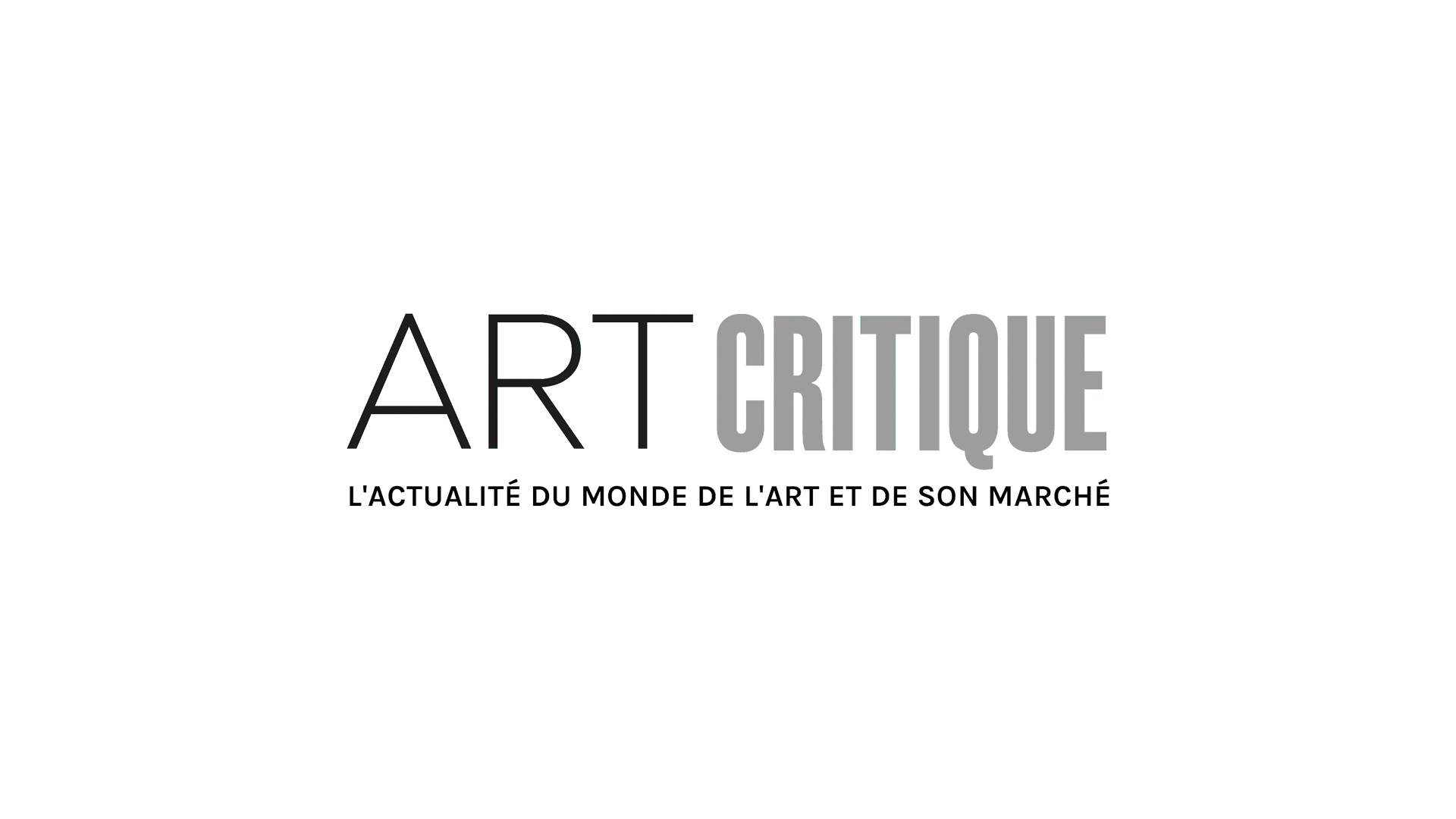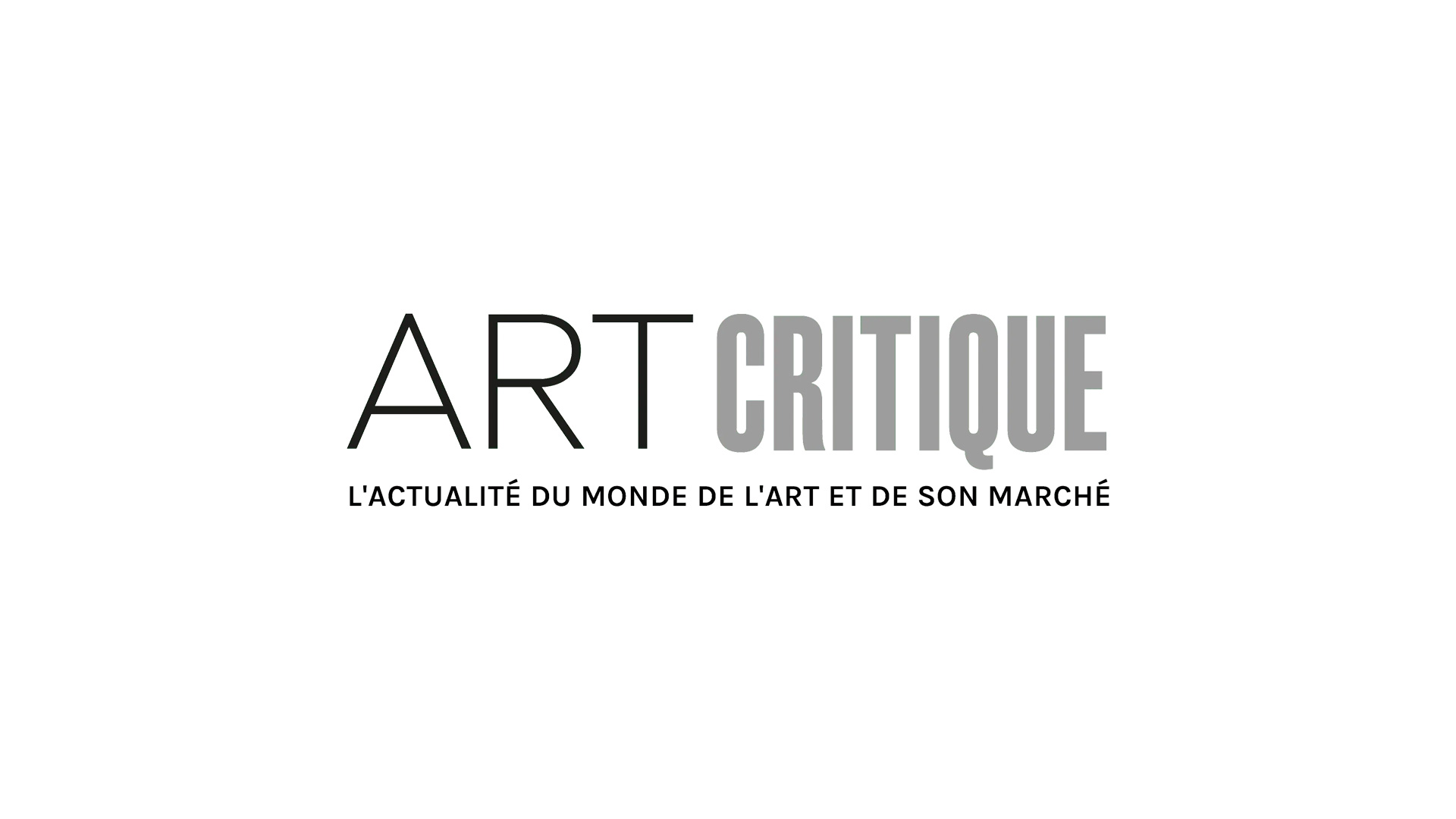Usually a time of celebration and enjoying time with family, the Lunar New Year’s celebrations in China have now been used as a way to help stop the spread of the deadly coronavirus, or 2019-nCoV. Last week, state museums in China and other public attractions have closed until further notice while the outbreak continues. Now, Hong Kong has followed suit indefinitely shuttering their institutions on January 29th as a precaution during the outbreak.
The Beijing Palace Museum (also known as the Forbidden City), the National Museums of China, the National Art Museum of China, and the Guangdong Art Museum are among the Chinese museums that have closed their doors. Smaller galleries and museums around the country have taken similar actions.
The virus was first reported in Wuhan, a Chinese city located in the province of Hubei, in December. At the time of this article, the virus has killed more than 100 people (all in China) and infected nearly 6,000 in a number of countries, including Thailand, Hong Kong, Japan, France, and the United States among other Asian, European, and North American countries. According to The New York Times, there are at least three companies in the US and Australia racing to figure out a vaccine for the disease, but as of now, there is no official remedy.
Last weekend, many celebrated the Lunar New Year, which is traditionally followed by a time when businesses and schools are closed while many arts organizations operate on shorter hours. Life gets back to normal at the start of February but this year, China has officially extended the holiday for businesses through February 9th and schools will not reopen until February 17th. These measures have been taken to help keep the virus at bay.
Hong Kong, which has eight confirmed cases of the coronavirus, has cracked down on travel between it and China by limiting flights, halting ferries and trains, and limiting individual visas for travelers from the mainland. Amid ongoing protests, the city is trying to avoid the death rate it saw during the 2003 coronavirus SARS outbreak. On January 27th, two protesters used gasoline bombs to destroy portions of an apartment building that was empty but slated to potentially act as a quarantine for those affected by coronavirus.
The actions taken by Hong Kong have raised further concern for Art Basel Hong Kong. Although the fair is not for another seven weeks, the situation is being monitored to safely move forward. ‘Art Basel is taking the situation very seriously and we are monitoring the developments closely, including assessing the situation with risk specialists and with selection committee member,’ said a spokesperson for Art Basel in a statement to The Art Newspaper.’ At this stage, it is too early for us to discuss how the recent outbreak of the new virus will impact the show.’
The outbreak is a reminder that life itself is the most important thing, not art, or auctions, or other art-world concerns, as echoed by Ke Ming, an artist who has been in Wuhan for more than two decades, who said: ‘This is a war where no killers can be found. In fact, I don’t think it’s interesting to talk about art at this time, because art is nothing in front of life! I just want to express some indignation and my real life from my experience as a citizen of Wuhan. But of course, I still remember being an artist.’





